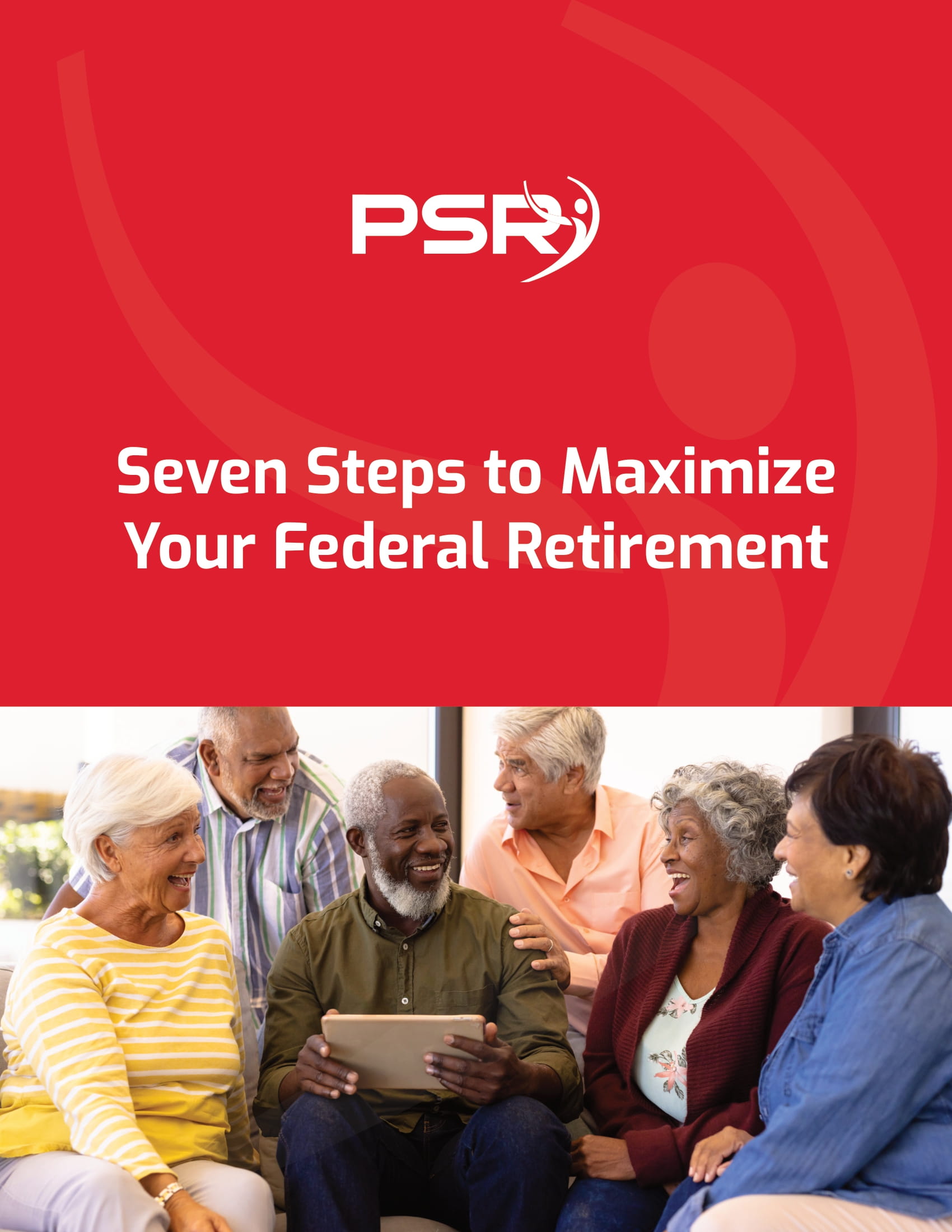Key Takeaways
-
Federal workers have multiple early retirement options that cater to different career paths, needs, and financial situations.
-
Planning ahead with a clear understanding of benefits and timelines can help you retire sooner and on your own terms.
The Appeal of Early Retirement
Early retirement has become a common aspiration among federal employees, and for good reason. Whether you’re seeking a change in pace, pursuing personal goals, or wanting more time with loved ones, the idea of stepping away from work before the traditional retirement age is tempting. But how can you make it a reality without compromising your financial security? Federal workers have several paths to early retirement, each with its own benefits, rules, and timelines.
- Also Read: Divorce and Your Federal Pension—What Happens When You Split Assets and How It Could Affect Your TSP
- Also Read: What Happens to Your Federal Benefits After Divorce? Here’s the Lowdown
- Also Read: The Best FEHB Plans for 2025: Which One Fits Your Lifestyle and Budget the Best?
1. The MRA+10 Option: Early Flexibility, But With Penalties
The Minimum Retirement Age (MRA)+10 option is a popular choice for federal employees under the Federal Employees Retirement System (FERS). If you’ve reached your MRA (which ranges from 55 to 57, depending on your birth year) and have at least 10 years of service, you can retire early. However, there’s a catch: your pension will be reduced by 5% for every year you’re under 62.
Key Features:
-
Eligibility: Meet your MRA with at least 10 years of creditable service.
-
Pension Reduction: 5% reduction per year under 62.
-
Health Insurance: You can keep your FEHB coverage, but you must retire with immediate benefits to maintain it.
Best for:
This option is ideal if you’re willing to trade a smaller pension for the flexibility of leaving federal service early. Planning ahead to minimize the financial impact of the reduction can make this a viable path.
2. Voluntary Early Retirement Authority (VERA): When Agencies Need Downsizing
The Voluntary Early Retirement Authority (VERA) allows federal employees to retire early when their agency is undergoing restructuring, downsizing, or reorganization. Unlike MRA+10, VERA doesn’t penalize your pension based on age.
Key Features:
-
Eligibility: At least 20 years of service at age 50 or 25 years of service at any age.
-
Pension: No age-related reductions.
-
Approval: Your agency must offer VERA, and you need approval to use it.
Best for:
VERA is an excellent option for employees in agencies offering buyouts or restructuring packages. It’s particularly beneficial if you’ve accumulated significant years of service and want to transition smoothly into retirement.
3. Special Provisions for Law Enforcement and Other Groups
Certain federal employees, such as law enforcement officers (LEOs), air traffic controllers, and firefighters, have access to enhanced early retirement benefits. These provisions recognize the physically and emotionally demanding nature of their roles and allow retirement at younger ages.
Key Features:
-
Eligibility: Generally, 20 years of service and age 50, or 25 years of service at any age.
-
Pension Calculation: These groups receive a higher pension multiplier (1.7% for the first 20 years of service).
-
Special Supplement: FERS retirees in these roles receive a Special Retirement Supplement (SRS) until they qualify for Social Security at age 62.
Best for:
If you fall into one of these specialized categories, early retirement is designed to reward your demanding career. The generous pension calculation and SRS can provide financial stability for years to come.
4. Deferred Retirement: A Strategic Pause
For those not ready to retire immediately but who wish to leave federal service, a deferred retirement might be the answer. Under this option, you leave your position but delay receiving your pension until you meet the age and service requirements for FERS.
Key Features:
-
Eligibility: At least 5 years of creditable service.
-
Pension Start Date: Begins at age 62 with at least 5 years of service or earlier with more years of service (e.g., age 60 with 20 years).
-
Health Insurance: You won’t retain FEHB coverage unless you meet specific criteria.
Best for:
Deferred retirement works well if you’re ready to transition out of federal employment but have other income or savings to bridge the gap until your pension begins. It’s a flexible option for career changers or those pursuing entrepreneurial ventures.
Financial Considerations for Early Retirement
Understanding Your Pension
Your federal pension is a cornerstone of your retirement plan. It’s crucial to calculate how each early retirement option impacts your monthly annuity. Tools like FERS calculators can help you project your benefits based on service years and salary history.
Health Insurance Matters
Retaining health insurance through the Federal Employees Health Benefits (FEHB) program is a significant advantage. However, not all early retirement options guarantee continued coverage. Ensure you meet eligibility requirements to avoid losing this benefit.
Thrift Savings Plan (TSP)
Your TSP account provides a vital source of supplemental income. Consider how you’ll manage withdrawals, especially if you’re retiring before age 59½ to avoid early withdrawal penalties.
Maximizing Your Benefits
Coordinate with Social Security
FERS retirees often rely on Social Security benefits to supplement their income. If you’re retiring early, factor in the earliest age you can claim Social Security (62) and how it affects your overall income.
Leverage the Special Retirement Supplement
If you qualify for the FERS Special Retirement Supplement, it’ll provide additional income until you’re eligible for Social Security. This benefit can bridge the gap and ease your financial transition.
Timing Your Retirement
Choosing the right time to retire can maximize your annuity. Retiring at the end of a pay period or calendar year can increase your service time and final payout.
Challenges of Early Retirement
While the freedom of early retirement is appealing, it’s essential to prepare for potential challenges:
-
Reduced Income: Early retirement may mean a smaller pension and reliance on savings.
-
Healthcare Costs: If you don’t retain FEHB coverage, you’ll need an alternative plan until you’re Medicare-eligible.
-
Longevity Risk: Ensure your savings and investments can sustain you for decades.
Addressing these challenges with a well-thought-out plan can make early retirement both feasible and enjoyable.
Preparing for a Smooth Transition
Review Your Financial Plan
Meet with a financial advisor to evaluate your retirement savings, investments, and anticipated expenses. Ensure you have a clear budget and plan for long-term financial health.
Explore Post-Retirement Opportunities
Retirement doesn’t mean the end of productivity. Many retirees find fulfillment in part-time work, volunteering, or pursuing hobbies. These activities can supplement income and enrich your retirement years.
Stay Informed
Rules and benefits for federal employees can change. Keep up to date with regulations to make informed decisions about your retirement.
Your Path to Early Retirement Awaits
Retiring early as a federal employee is a dream well within reach, provided you plan strategically. By understanding the options available, such as MRA+10, VERA, special provisions, and deferred retirement, you can create a plan that aligns with your goals. Take charge of your future, and enjoy the freedom and opportunities that early retirement offers.













